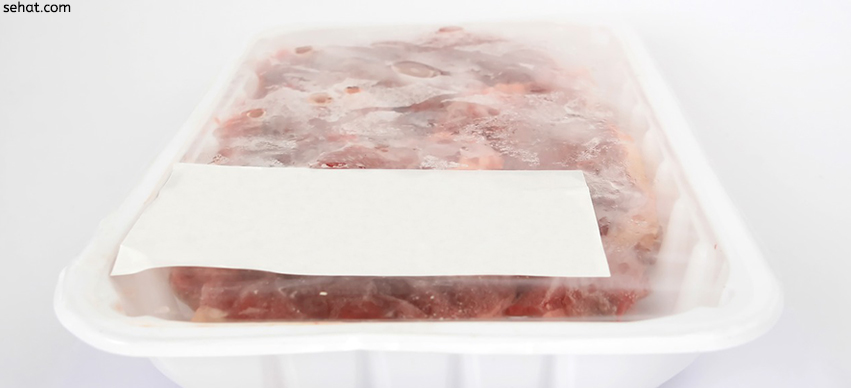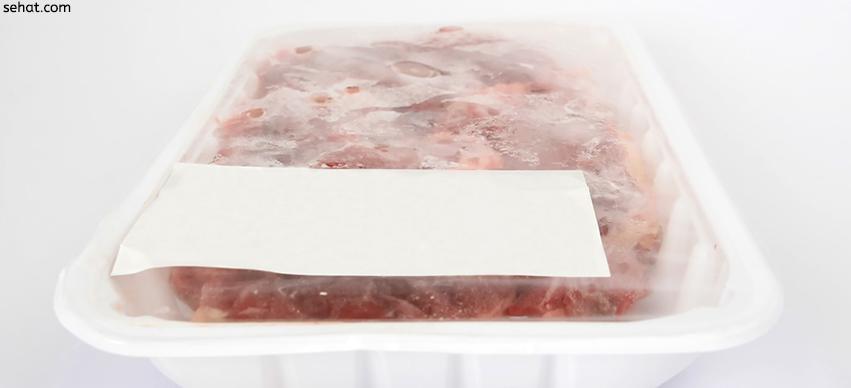What is Tempeh? Nutrition, Health Benefits, How to eat
4 Min Read


Packaged food is bad for health. We all know that yet find it tough at times avoiding them. That’s normal, for the average city dwellers don’t grow their own food and don’t always have the time to go organic. So at times, there remains no other option.
But we can definitely choose what we are getting in return for our hard-earned money. A closer look at the packaged food currently piling up in the grocery cart reveals a lot of things you can easily do without. These are the added chemicals that tend to make the body hold in its calories; those who know how to cut past them sport a slimmer and healthier existence.
Serving size: Nutrition facts remain based on the serving sizes, so that is the first thing one must look out for. Usually, there remains present food for two, so multiply everything that comes under the nutritional info nutritional info by two (if for three, multiply by three).
Calories: Slimming down or maintaining a healthy weight depends on how much of the calories you giving the body are getting burned. Low-carb, low-fat, high-fiber, gluten-free etc. comes next. More than required amount of low-carb piling up high is as bad, so opt for single serving packages. Better, go for a medium-carb; that’s as good as three low-carbs and will kill any urge to overeat.
Fats: We know by now how much and what kind of fat we need. The bad kinds mess up metabolism and harden arterial plaque faster. If partially hydrogenated vegetable oils, gave you solace all these years, know it is the worst kind of trans-fat, followed by the so healthy margarine. The fat from mutton is a far healthier option. It will make you weigh less and age slower.
Simple sugars are almost always a part of processed foods; all that ol-s and ose-s are alcohols that rapidly turn into sugars. Excess sugar turns proteins weak, so avoid anything that says more than 4 grams of sugar (per serving).
Packaged food is hardly nutritious due to the refined flour used; refining actually means stripping it off its nutrients, leaving only the carbs behind. They spike sugar levels in bloodstream. So the baguette or other breadstuffs you pick, see if it’s been made from whole grains. There are patisserie and bakeshops using only whole grains, a bit costly but worth. Whole grains take longer to turn into sugars and keeps you full longer.
Syrups with high fructose content shut off hunger signals for short spans and it’s an increased craving every time. This is often the case with most that read fat-free or zero trans-fats.
Cut down on antacids. They worsen the effects of packaged foods; however, that’s another story.